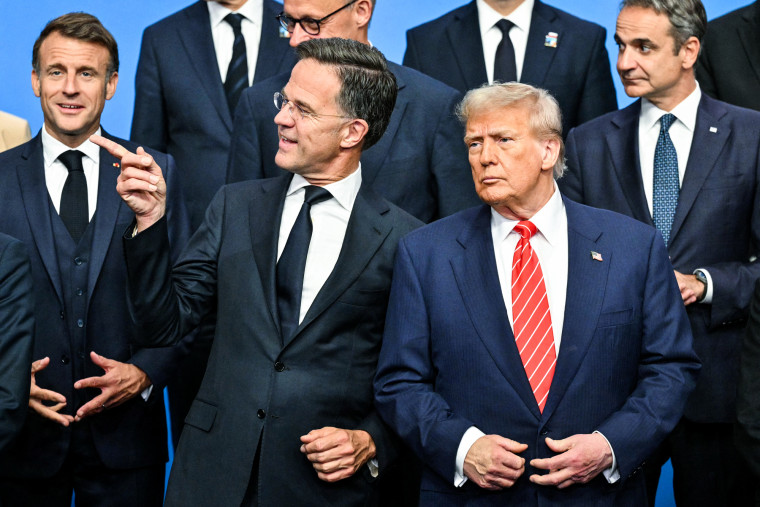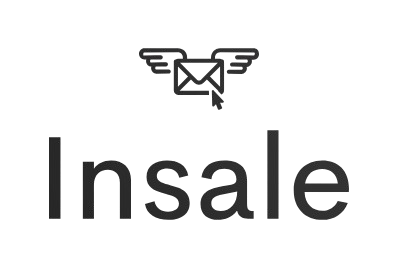NATO allies on Wednesday agreed to more than double their defense spending target from 2% of gross domestic product to 5% by 2035, in the alliance’s most decisive move in over a decade.
In a joint declaration, the Western military bloc said it was “united in the face of profound security threats and challenges,” in particular the long-term threat posed by Russia to Euro-Atlantic security and the “persistent threat” of terrorism.
“Allies commit to invest 5% of GDP annually” on core defense requirements as well as defense and security-related spending by 2035, it said.
The 5% figure is made up of “at least” 3.5% of GDP that should be spent on “pure” defense, with the remainder going to security and defense-related “critical infrastructure” to ensure “our civil preparedness and resilience, unleash innovation, and strengthen our defence industrial base,” it said.
Allies will be required to submit annual plans “showing a credible, incremental path to reach this goal,” NATO said, following pushback from some member states, particularly Spain.
Some member states have yet to meet the 2014 target to spend 2% of GDP on defense.

The historic move comes against a backdrop of tensions in the Middle East and the war between Ukraine and Russia. Members have also been pushed to the new target after years of pressure across both terms of President Donald Trump for Washington’s Canadian and European allies to share more of the burden of collective defense.
The alliance on Wednesday also reaffirmed its “ironclad commitment” to collective defense as enshrined in Article 5 that an attack on one is an attack on all, following questions over the U.S.′ reliability when it came to that central pillar of NATO.
“We remain united and steadfast in our resolve to protect our one billion citizens, defend the Alliance, and safeguard our freedom and democracy,” NATO said.
‘Quantum leap’
Addressing the summit, NATO Secretary General Mark Rutte said the agreement would fuel a “quantum leap” in the alliance’s collective defense.
The deal would “not only increase our security but also create jobs,” Rutte continued, saying allies had made “significant commitments to meet significant threats.”
Allies recognized the severity of the threats facing the alliance, he said, and were “united in understanding that we need to step up to stay safe.”
He said Trump had emphasized that America is committed to NATO but expects European allies and Canada to contribute more, “and that is exactly what we see them doing,” Rutte said.
Rutte acknowledged that this was “Day One” of the effort needed to increase the alliance’s defense capabilities and said “we need to innovate and we need to act fast.”
“The decisions made today will make NATO much stronger, they also make NATO a fairer alliance. The resolve of allies is clear: We are in this together, committed to Article 5, and we are determined to stand firm,” he said.
As he took questions from the press on his relationship with Trump, Rutte said, “I think he deserves all the praise.”
